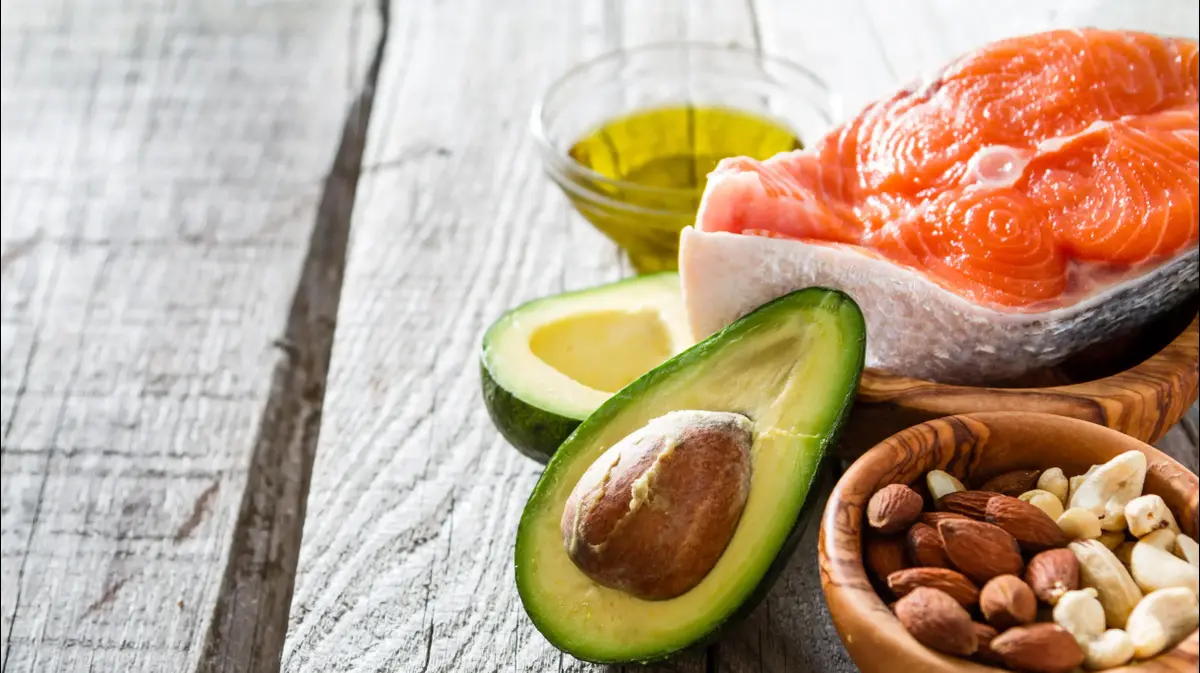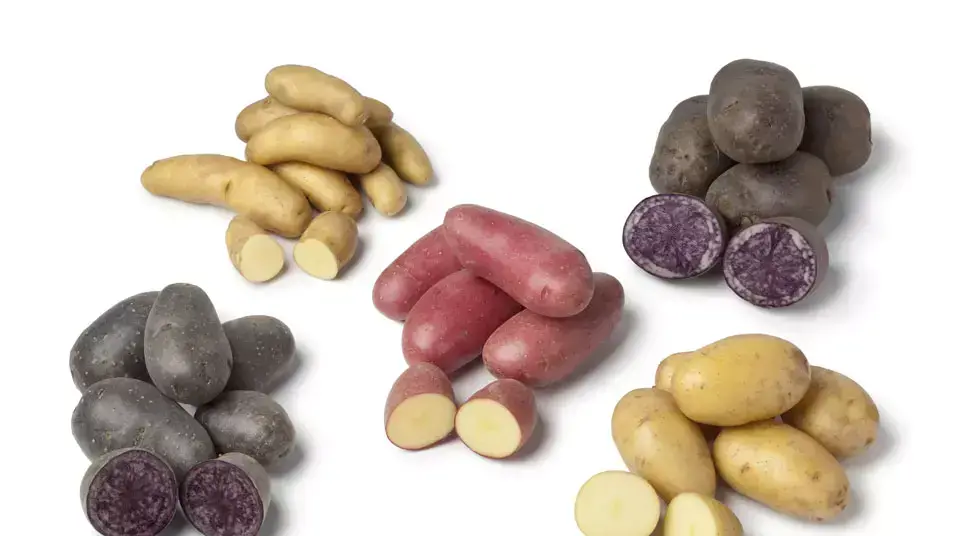Everything You Need to Know About Fiber (Walla System!)
We all know that the food we eat consists of carbohydrates, fats, proteins and sodium, along with other components such as vitamins, minerals, preservatives and others, which have a positive and negative effect on the human body. Overall, we understand that it's important to eat foods that contain more vitamins and minerals to improve health and prevent disease, but are these foods we consider healthy really like that?
The short answer is yes, but not as much as it used to be, and it may get worse in the future. Over the years, the land in which we grow grains, fruits and vegetables, as well as the composition of the air and the methods of growing in agriculture, have undergone many changes, for better or for worse. An extensive review that analyzed data collected over no less than fifty years in the United States and Britain shows that during these decades there was a moderate and consistent decline in the vitamin and mineral content of grains.
Cereals are less nutritious
According to the researchers, the possible reasons may have to do with farmers' preference for plants that grow faster and better, rather than those considered more nutritious and healthy. This is in addition to the increase in the proportion of carbon dioxide in the atmosphere, which leads to faster growth, but also harms the proportion of these nutrients. Another theory presented in the study relates to modern grain processing methods, which have been shown to reduce the proportion of nutrients in them and make it difficult to absorb essential minerals.
Foods rich in dietary fiber (Photo: ShutterStock)
Is organic nutrition more beneficial to health?
Alongside this study, carried out in the late 90s, a series of more recent evidence shows that the situation is only getting worse these days, not only in grains, but also in fruits and vegetables. National Geographic magazine published extensive coverage of the problem, trying to explain how and why the foods we eat today are far less healthy than they were in the first decades of the last century.
David R. Montgomery, professor of geomorphology at the University of Washington in Seattle, said in an interview that "a decrease in nutrients documented in many studies in recent years can lead to many nutrient deficiencies in our diets, and these are considered essential to protect us from chronic disease. This trend is worrisome and may harm the ability of food to serve as a tool for preventive medicine."
According to Rusty Ivey, an expert on climate change and health at the University of Washington, who was interviewed for the same article, this is unfortunately also true for those who avoid processed foods and prefer to purchase organic and naturally-grown foods. "What our grandparents ate was healthier than what we eat today — and that applies to fruits, vegetables and all the other foods we consider healthy."
Many scientists today believe that the root of the problem lies in modern agricultural processes, which rely on increasing productivity and do not place enough emphasis on the health and wealth of the land on which it is grown. This is affected by every decision farmers make – from irrigation to fertilization to harvesting. Naturally, farmers who are already struggling to make a living in the modern era will prefer to do everything possible to improve the efficiency of these processes, and will not lose money to grow healthier products. Therefore, experts are pessimistic that as the world progresses, this phenomenon will only get worse.
So what do we do with all this information now? Well, we, most people, don't have much to do, just hope that governments, scientists, organizations and institutions will work to improve the situation with the tools at their disposal. Overall, it's important to remember that consuming fruits, vegetables, legumes, and whole grains is still the healthiest decision you can make to maintain a healthy body – even if not as much as they enjoyed a few decades ago. And this is certainly better than consuming industrialized, high-fat, high-sugar foods, which all experts agree increase the risk of serious illness and may shorten life expectancy.
- health
- nutrition and diet
- Preventive nutrition
Tags
- nutrition
- Cereal
- fruit
- Vegetables






